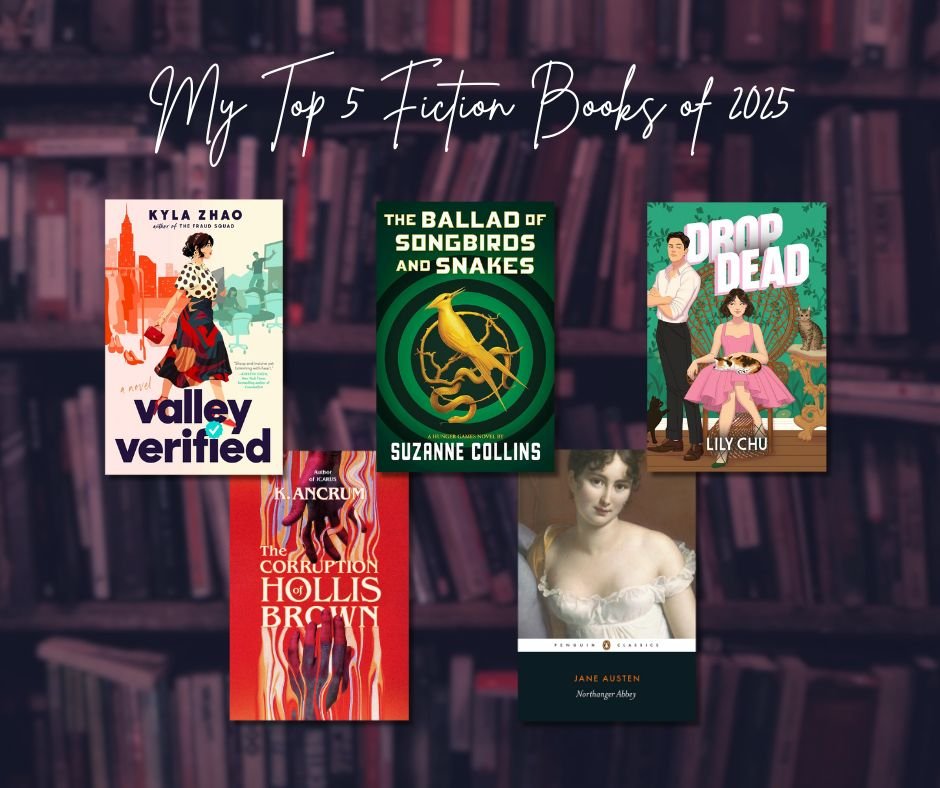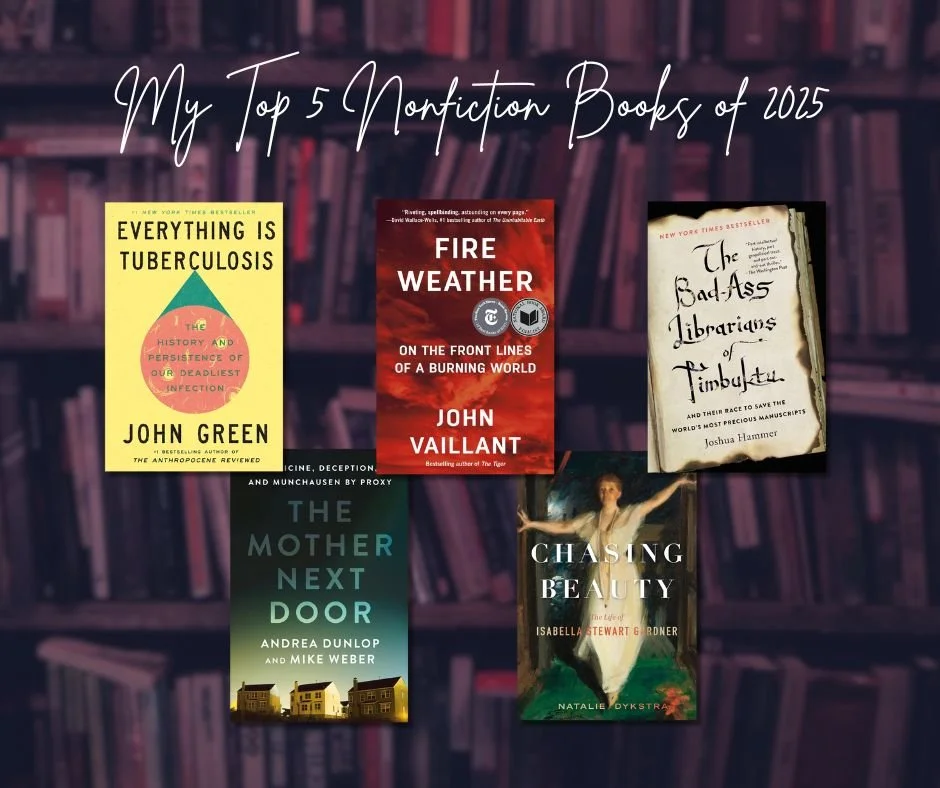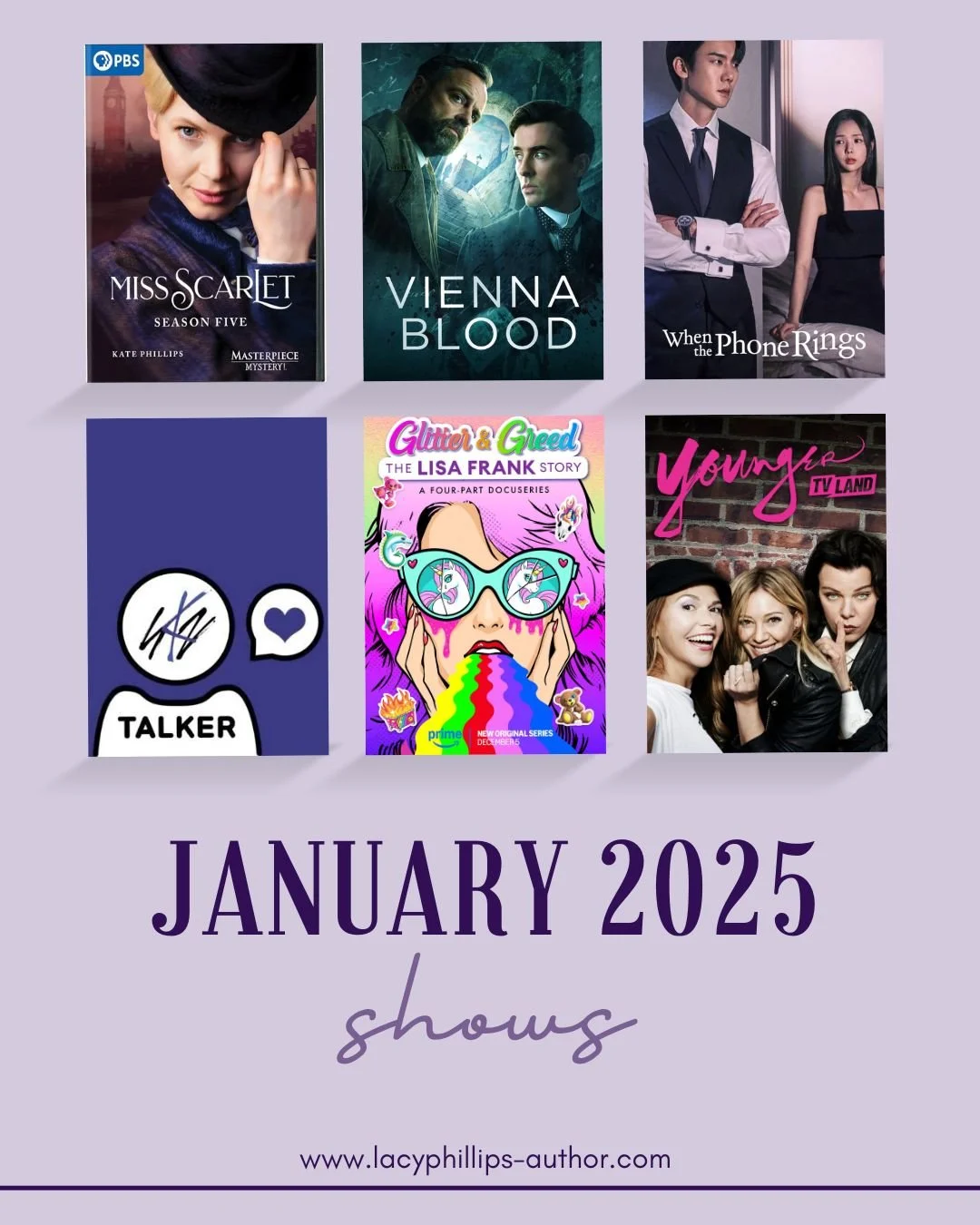We live a somewhat charmed life “so far south in Indiana that we can see Kentucky out our front door”. The results of the recent election aren’t likely to have an outsized impact on the lifestyle we’ve grown accustomed to (and may even be financially beneficial for our investment portfolio and tax burden)
BUT… within single digit miles of our house, an unhoused man froze to death on the steps of a church after being rejected from their shelter. Just last year, there was a mass shooting that we heard from our living room. It killed 5 and injured 8. The police extra judiciously murdered EMT Breonna Taylor in her own bed and no one was held accountable for it. Inmates regularly die in our jail for nonviolent offenses because they're not receiving adequate medical care while incarcerated. This year, our neighboring school district has lost over 30 children to murder and suicide, and in the span of two weeks there were over 500 instances of violence on the busses alone. Just a few weeks ago, there was a mass casualty threat at my son’s school that prompted a lockdown.
And I haven’t even mentioned the insidious political corruption locally within our county with the former sheriff and his family embezzling millions of dollars of public funds (fortunately, he has now been punished for these crimes, but it went on in plain view for years) and a county judge who was put back on the ballot running unopposed after being suspended and censured by the state supreme court for getting into an altercation in the parking lot of a strip club on a taxpayer-funded mandatory judicial conference where he was sent to learn and not get up to shenanigans. My local Democratic party “kicked me out” after I expressed outrage over this.
Additionally, even with good insurance and no current shortage of funds, I have struggled to access adequate medical care. My son stayed on a waitlist for ADHD counseling and medication for two years due to psychiatrist shortages, and I waited over a year to see an endocrinologist in a city with a teaching hospital where there is a lot more access than in other areas of the country, saying nothing about 20 full years of medical gaslighting and putting myself into crushing medical debt that forced me to drop out of college trying to get my chronic conditions correctly diagnosed. They’re not mysterious or terribly uncommon, as it turns out, and it should never have taken 20 years of seeing specialists to get to the bottom of what was going on.
It shouldn't be this way, and there are places in the world where this hasn’t been normalized.
It's bad here now, and I'm sorry to say I believe it's going to get worse. The problems we have will require generational solutions, and we’re not currently making any progress towards solving them.
We are, evidently, fully willing to elect unqualified, incompetent criminals who seek to enrich themselves and the special interests that support them instead of serve the public good. And I’m not okay with that. I never have been.
I’ve put in the work. I’ve voted in every election since I became eligible, making sure to register with every move and research local candidates for midterms, etc. I watch debates. I've signed petitions. I’ve marched in protests. I’ve reached across metaphorical aisles and sat in on meetings at the local level. I’ve donated to campaigns. I’ve phone banked. I’ve knocked on doors. I’ve volunteered professional services for campaigns and nonprofits working on solving quality of life issues at the local level and dedicated a lot of my professional life to working for local, national, and international nonprofits. For a number of years, I ran a political discussion group to help people stay connected and informed about politics. In fact, that’s where I met my husband.
Those who know us are probably already aware that we’ve always been filthy socialists, so we’ve decided we might as well go live in a socialist country where we don’t feel like we have an adversarial relationship with our government. There's an opportunity for our family to move towards a more stable situation with governance that invests in things that align with our values better - like public health, transportation infrastructure, ecological conservation, sustainability, gender equality, and education for all - and where rights aren't being eroded by a corrupted judiciary and legislatures owned by special interests.
We are incredibly grateful to announce that we will be permanently relocating to the Netherlands.
(Yes, I buried the lede. Not even sorry. If people don't care enough to read this far, they likely also don't care about this news.)
No place is perfect, and we would never expect perfection or for immigration to be an easy path, but we’re interested in moving forward in a place where there will be more stability for our son and whatever generation comes after him.







